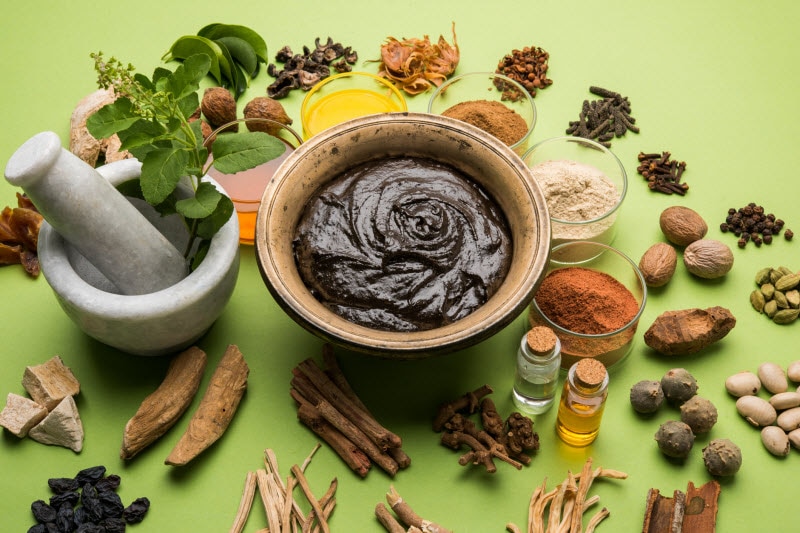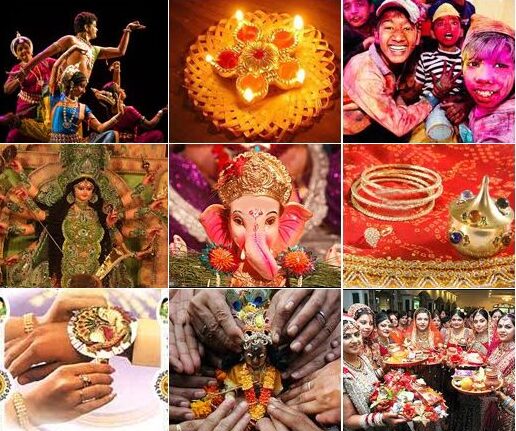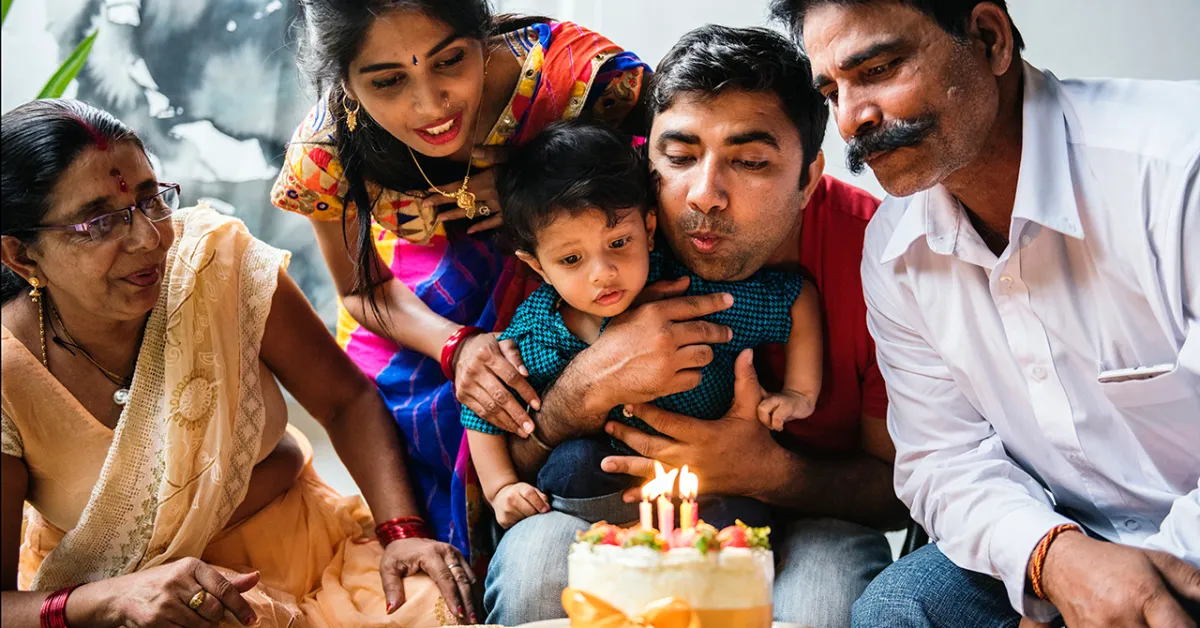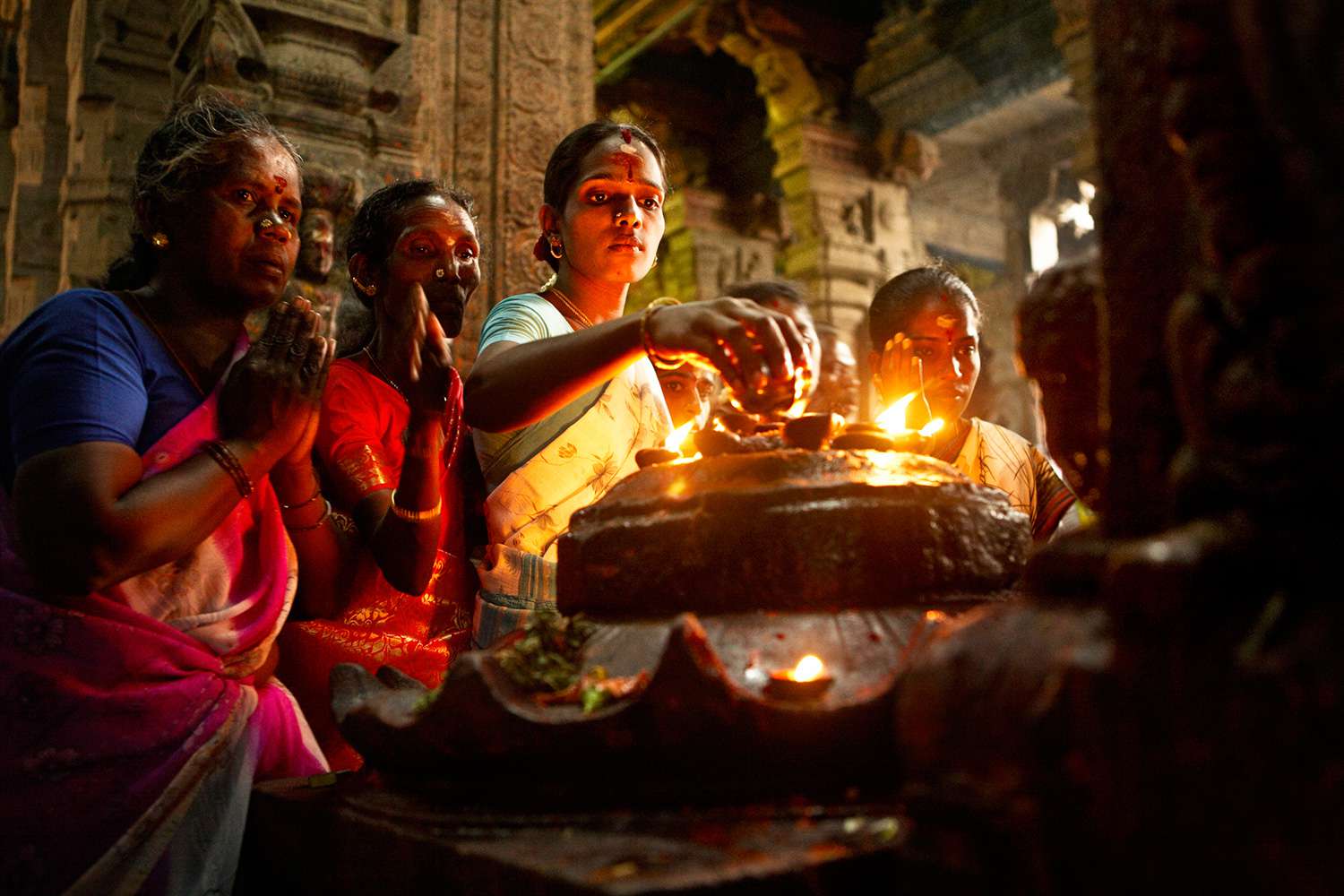Hinduism, one of the world’s oldest religions, is rich in cultural traditions that have a profound impact on various aspects of life, including healthcare practices. As healthcare providers strive to offer culturally competent care, understanding the nuances of Hindu culture becomes crucial. Let’s explore the intersection of Hindu culture and healthcare, shedding light on how cultural factors can influence health beliefs, practices, and interactions with the healthcare system.
The Foundation Of Hindu Culture:
1. Spirituality and Holistic Well-being

Hinduism is more than just a religion which it is a way of life that intertwines spirituality with daily existence. The concept of holistic well-being, encompassing the physical, mental, and spiritual aspects of an individual, is deeply rooted in Hindu culture. Healthcare providers need to recognize the significance of this holistic approach and consider it in their treatment plans.
2. Ayurveda: Ancient Wisdom In Healthcare:

Ayurveda, a traditional system of medicine originating from ancient India, is an integral part of Hindu culture. It emphasizes balance in bodily systems through natural remedies, dietary guidelines, and lifestyle practices. Integrating Ayurvedic principles into healthcare discussions can enhance patient understanding and cooperation.
Cultural Sensitivity In Healthcare Practices:
1. Dietary Restrictions:

Hinduism encompasses a spectrum of dietary practices influenced by cultural, religious, and regional factors. Healthcare providers should be aware of common dietary restrictions such as vegetarianism and various fasting practices. Understanding these nuances can contribute to developing personalized nutrition plans and medication strategies.
2. Festivals And Celebrations:

Hindus celebrate a multitude of festivals throughout the year, each with its unique rituals and traditions. Deepavali, Holi, and Navaratri are examples of festivals that might impact healthcare routines. Recognizing the significance of these celebrations helps healthcare professionals tailor treatment plans that align with cultural observances.
The Importance Of Communication:
1. Family-Centered Care:

Family is considered a fundamental support system in Hindu culture. Healthcare decisions often involve consultation with family members, and healthcare providers should be mindful of involving and respecting the input of the extended family in the decision-making process. This collaborative approach can foster trust and cooperation.
2. Religious Practices And Beliefs:

Effective communication includes addressing religious concerns and practices. For example, the significance of prayer, meditation, or the presence of religious artifacts in hospital rooms should be considered. This ensures a supportive environment that respects the patient’s spiritual beliefs.
In conclusion, understanding Hindu culture from a healthcare perspective is not just a professional responsibility but a crucial step towards fostering a more inclusive and patient-centric healthcare system. By embracing the diversity within Hinduism, healthcare providers can build stronger connections with their patients, ultimately contributing to improved health outcomes and a more compassionate healthcare environment.
Follow us on Instagram, Facebook or Telegram for more updates and breaking news.








